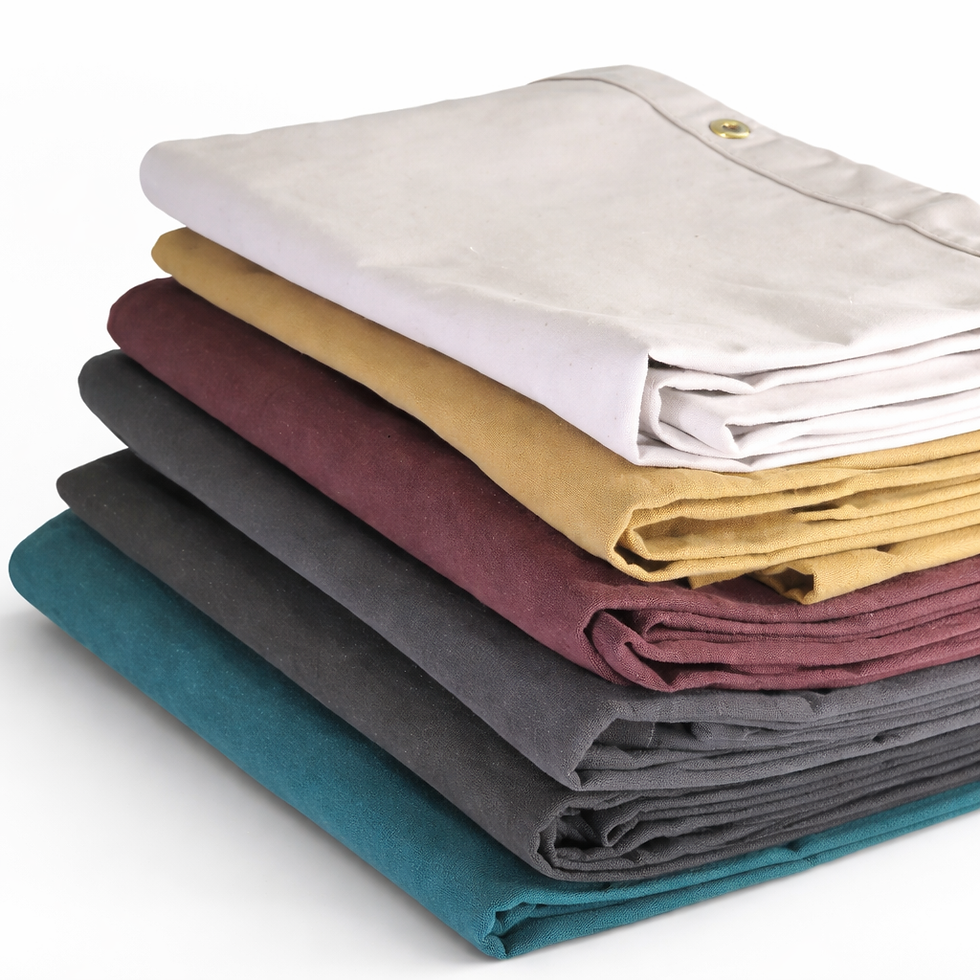Protect Valuables With Moving Tarpaulin Sheets
- Bradley Tomlinson

- Jul 18, 2024
- 3 min read
Moving tarps, otherwise called moving covers or moving Tarpaulins, are lightweight, heavy-duty materials used to protect resources during movement. Moving tarps are generally usually produced using a sturdy plastic or reinforced texture material.
Benefits of Using Moving Tarpaulins
There are a few important benefits to using moving tarps to protect resources during movement:
Protection from Damage
Maybe the main benefit is how moving tarps safeguard things from incidental damage. They form a protective layer among resources and any expected effect or scraped spot gambles. Whether it's protecting against scratches or gouges, moving tarps assist with preventing expensive fixes or substitutions.
Organization
Moving tarps permit things to be packaged in an organized design with less gamble of shifting. Tarpaulins might be color-coded or numbered to make unpacking more straightforward at the objective. A few movers will wrap furniture, boxes, and different products in sequentially numbered tarps for straightforward reassembly.
Weatherproofing
For outdoor moves or transport over significant distances, moving Material Tarpaulin give a waterproof boundary. This is particularly useful for protecting wood furniture gets done or electronic hardware from downpour, snow, or mugginess. The solid plastic or reinforced texture development repulses dampness to keep contents dry and sans damage.
Affordability
Moving tarps protect at an affordable expense, particularly contrasted with alternatives like professional moving cushions or custom-fitted covers. Their reusable plan saves progressing costs contrasted with one-time-use bubble wrap or paper.
Multipurpose Protection
Past moves, these tarps have extra uses as heavy-duty drop fabrics for painting or development projects. Their intense material and size oblige enormous scope inclusion. Moving tarps could in fact act as ground cover for picnics, occasions, or other outdoor exercises to save surfaces beneath.
How to Use Moving Tarpaulins properly
Dominating a couple of key techniques will guarantee moving tarps give greatest protection while transporting resources:
Measurement and Cutting
Continuously measure the thing you mean to wrap and slice the tarp somewhat bigger to take into consideration covers and collapsed edges. Exact measuring prevents shifting and makes for a slick, tailored wrap.
Wrapping Method
Lay the thing in the focal point of the tarp and pull firmly from all sides so it's uniformly wrapped. Overlap in overabundance Canvas Tarpaulin and securing with tape as you go guarantees a cozy, sans wrinkle fit.
Packing Tape Application
Use superior, thick packing tape that will not rashly relax. Apply segments of covering tape along every external crease, inward overlap and across the whole base. No less than three layers of tape are suggested.
Protect Furniture
Furniture like love seats, tables, seats, and other huge things present explicit dangers of damage during movement. Moving tarps can be enormously useful in protecting these significant merchandise:
Wrapping Technique
Begin by estimating and cutting the tarp to completely cover the furniture piece, with a lot of overabundance to crease over the top and closures. Then cautiously wrap the furniture, pulling the tarp tight as you go. Secure it set up using packing tape put in a covering design.
Rolling or Folding Options
For really monstrous things like sectional lounge chairs or beds, it very well might be easiest to some degree dismantle, roll or overlap the pieces, then wrap individual segments as opposed to the full gathering. Simply ensure all taped creases are extra-reinforced.
Alternative Padding
Think about setting down moving covers or old towels between the furniture and Waterproof Tarpaulin Sheet for an extra pad. Or use inflatable furniture cushions embedded inside for influence protection regarding the piece's shapes.
Securing to Prevent Shifting
On especially enormous or inconvenient furniture, use additional tape strips to immovably join the wrapped item straightforwardly to the moving truck's interior walls. This anchoring forestalls bringing down or sliding during travel. You can likewise use freight tying to lash down and further pad any ties on sensitive surfaces.









Comments